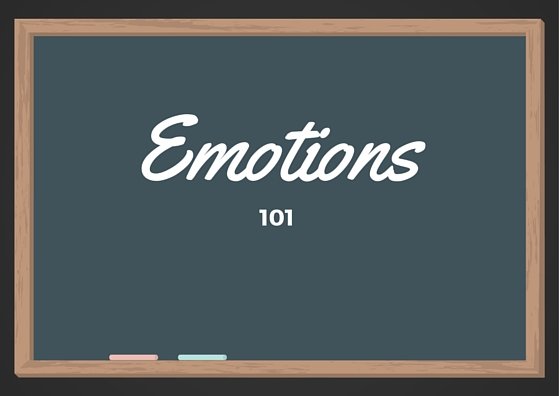The Limits of Reason; or How Schools Fail Kids

Any first year philosophy course will tell you that a thinker’s first tool is reason. Reason is the art of thinking clearly, uncluttered by emotion, or bias. Only through reason, can a thinker overcome the fallible, human mind that she is given and transcend to the heavens. For the most part, these courses are correct.
Reason is an astonishingly powerful tool. By using experience to build inference, humans can go to the moon, can build towering structures, or unlock the secrets of the atom. When looking at the physical world, nothing is greater than the mind trained in reason. It is no wonder we emphasize math and science education in schools. What kind of society would we be if we failed to arm our children with the best tools at hand.
All that math and science comes at a price. The Atlantic just did an excellent piece on the lack of moral education in the U.S. I argue that there is a similar lack of emotional education, and that it is missing for many of the same reasons.
We live in trying emotional times. In one sense we have never been closer together. I can reach for my astoundingly smart internet device and see pictures, video, audio, or text from any one of my friends in seconds. I am typing this out to be read by (hopefully) many strangers from across the world. Yet loneliness, disconnection, and depression are on the rise. To cope with this world, kids need people to talk to, people to bounce ideas off of. They need a space to feel comfortable and be themselves.
When a young programmer feels deep anxiety about the problems they are asked to solve, it is not their reason that has broken down, it is something else. Something that they were never directly taught about. When a high-schooler feels hopeless and alone enough to end their lives, can’t we say that sadness, depression, and their counters: hope and peace are at least as important as calculus and chemistry? In our rush to make our children more rational so they can get a better job, are we neglecting the parts of them that will lead to a better life?
Of course schools can never take the place of parents or friends, but they can help. They can start young, teach kids to share their feelings, be themselves in safe spaces. Easier said than done I know. At the very least, schools can be a little more concerned with the person they are educating, and a little less concerned with their reason alone.
Congratulations @bgunn! You received a personal award!
You can view your badges on your Steem Board and compare to others on the Steem Ranking
Vote for @Steemitboard as a witness to get one more award and increased upvotes!